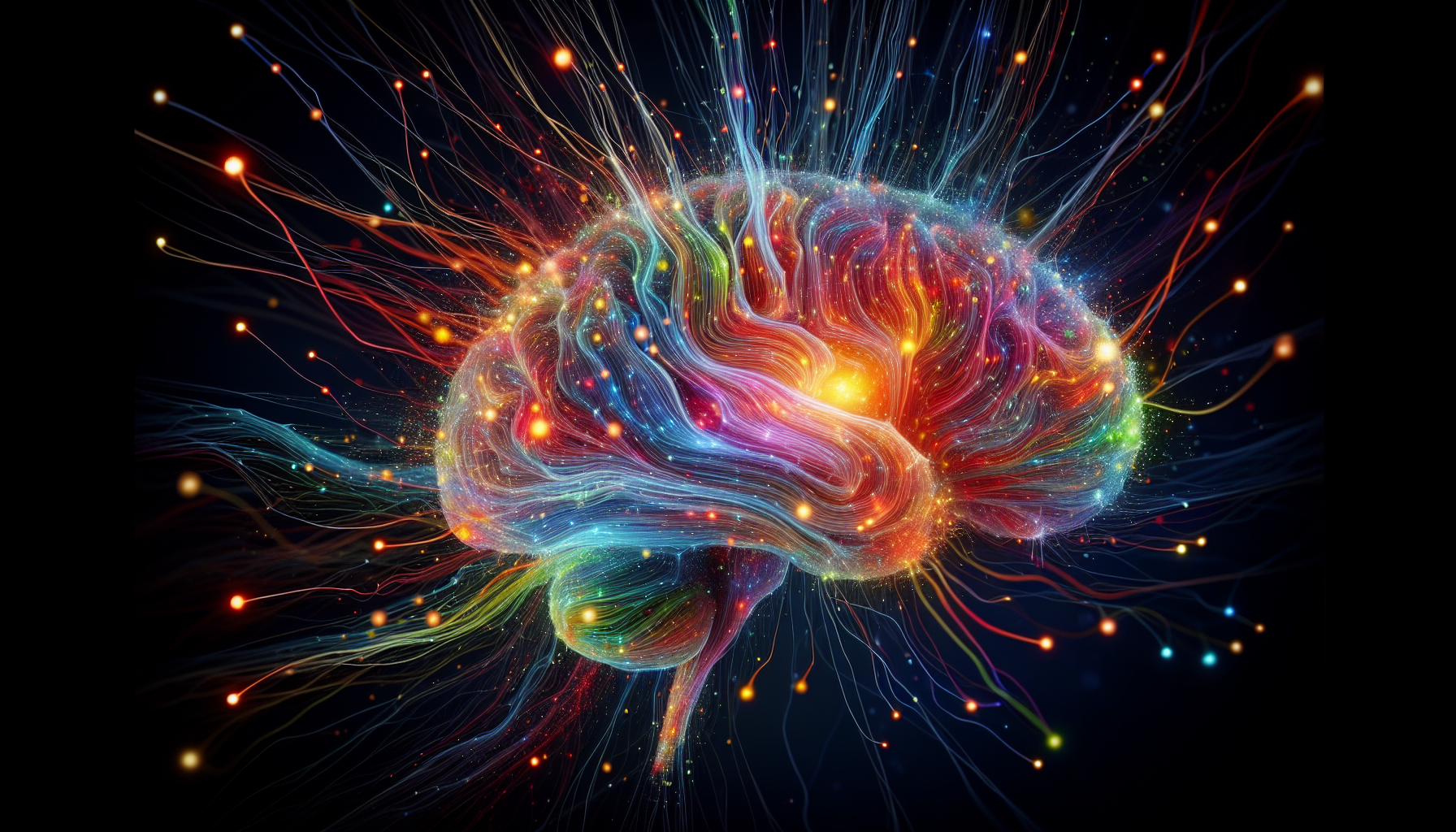The brain is arguably the most complex and vital organ in the human body. It is responsible for every thought, memory, emotion, and bodily function we experience. Thus, maintaining and improving brain health is essential for our overall well-being and quality of life. But how can one discern if their efforts to enhance cognitive function are yielding results? This article delves into the signs of brain health improvement, offering insights into recognizing these signs and understanding the underlying mechanisms.
Cognitive Resilience and Mental Clarity
One of the most profound indications of improved brain health is an increase in cognitive resilience. Cognitive resilience refers to the brain’s ability to adapt to and recover from stress, trauma, or the natural aging process. When brain health is on the upswing, individuals often report experiencing greater mental clarity, which manifests as improved focus, quicker thinking, and better problem-solving abilities.
Mindfulness meditation is a powerful tool for building cognitive resilience. It teaches the brain to remain present and undisturbed by external stressors, thereby enhancing mental clarity. For a deeper understanding of how mindfulness can fortify your cognitive resilience, consider reading Mindfulness Meditation Practices for Cognitive Resilience.
Enhanced Memory Function
Another key sign of brain health improvement is enhanced memory function. This can be observed as a better recall of past events, a more efficient learning process, and the ability to remember information for longer periods. Improved memory is often a result of interventions aimed at differentiating and addressing various types of memory loss.
An informative resource that sheds light on this subject is "Discerning Memory Loss Types and Intervention Strategies," which can be found here. This article provides valuable knowledge on identifying different memory impairments and suitable intervention strategies that can lead to improved memory function.
Neuroplasticity and Learning
Neuroplasticity, the brain’s ability to reorganize itself by forming new neural connections throughout life, is central to learning and memory. Engaging in continuous learning activities can stimulate neuroplasticity, leading to an improved ability to acquire new skills and knowledge. For a comprehensive look at the role of lifelong learning in brain health, "The Impact of Continuous Learning on Neural Plasticity" is a recommended read, available here.
Physical Exercise and Brain Function
A strong correlation exists between physical exercise and brain function. Regular physical activity is known to enhance cognitive function, mood, and even the structural integrity of the brain. It promotes the release of neurotrophins, proteins that support neuron health, which may lead to improved cognitive abilities.
To explore the connection between exercise and cognitive health, "Assessing the Physical Exercise-Brain Function Correlation" provides an in-depth analysis and is accessible here.
Mood and Emotional Regulation
When the brain is functioning optimally, individuals often experience more stable moods and better emotional regulation. The ability to manage stress, anxiety, and emotions more effectively is a telling sign of improved brain health. This emotional stability is crucial for maintaining cognitive functions and fostering a sense of well-being.
Sleep Quality and Cognitive Restoration
Sleep is fundamental to brain health, acting as a period of cognitive restoration. Signs of improved brain health include more restorative sleep, characterized by an easier time falling asleep, fewer awakenings during the night, and a feeling of refreshment upon waking. Quality sleep has been linked to better memory consolidation and an overall healthier brain.
For further information on sleep’s impact on the brain, reference the following resource: "Understanding the Effects of Sleep Apnea on Cognitive Function," available here.
External Resources for Further Reading
To complement the insights provided in this article, several niche and specific resources are recommended:
- The National Institute on Aging provides comprehensive guides and research findings on cognitive health and aging, which can be found on their website.
- The Global Council on Brain Health offers expert consensus reports on various factors affecting brain health, accessible at their online portal.
- The Brain Health Registry collects and analyzes data on brain function and health through online cognitive tests, with more information available here.
These resources offer additional perspectives and evidence-based information that can aid in identifying and understanding the signs of brain health improvement.
Conclusion
Recognizing signs of brain health improvement is a multifaceted process that encompasses cognitive, physical, and emotional indicators. A combination of mindfulness, continuous learning, physical exercise, and quality sleep contributes to the upward trajectory of one’s cognitive well-being. By staying informed through reliable sources and engaging in brain-healthy practices, individuals can take proactive steps to enhance their brain function and overall quality of life.
As we continue to explore and understand the complexities of the brain, it’s critical to remain dedicated to the practices that foster improvement. The journey to better brain health is ongoing, but with the right knowledge and habits, it is a path filled with rewarding milestones and profound personal growth.



